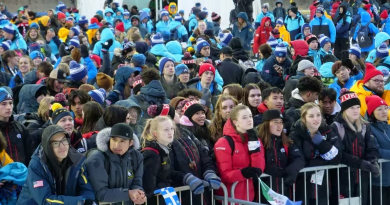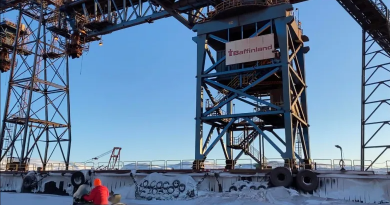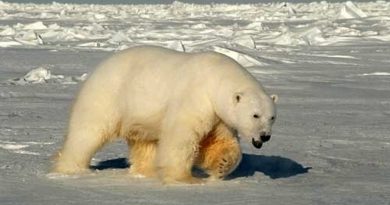Canada to submit Arctic continental shelf claim in 2018
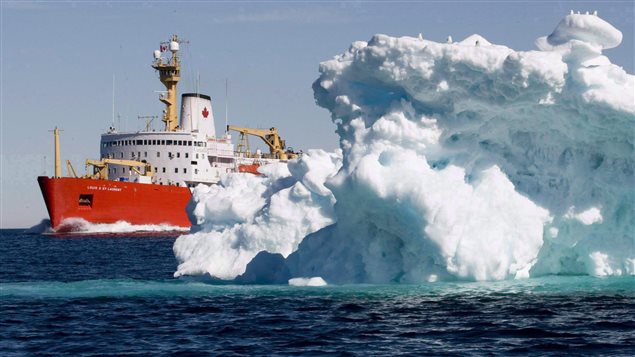
Canada plans to submit its Arctic continental shelf claim in 2018 and it is expected to include the North Pole, overlapping with both Russian and Danish submissions that also claim ownership of the planet’s northernmost point, according to Canadian officials.
Under the United Nations Convention on the Law of the Sea (UNCLOS), which Canada ratified in 2003, all coastal states have a continental shelf extending 200 nautical miles (370 km) from coastal baselines. They can also extend their claim by 150 nautical miles (278 km) beyond 200 nautical miles if the shelf is a natural prolongation of their landmass.
However, there are circumstances where a coastal state can claim even further than 350 nautical miles, said Mary-Lynn Dickson, head of Canada’s UNCLOS Program.
“For instance in the case of submarine elevations, if a coastal state can prove that submarine elevation is part of its continental landmass, and if that feature extended beyond 350 nautical miles from their baselines, the coastal state could delineate an outer limit past 350 nautical miles,” Dickson said.
Canadian scientists claim that Lomonosov and Alpha-Mendeleyev Ridges, underwater mountain ranges stretching under the Arctic Ocean from Canada to Russia, are submarine elevations, thus giving them the right to claim the seabed under the North Pole.
Denmark too has delineated their outer limits extending from Greenland, across the Arctic Ocean, to the 200 nautical mile Exclusive Economic Zone of the Russian Federation, Dickson said.
“We have collected data and we will develop it as best as we can to make scientific case, and we expect that we will overlap with Denmark and Russia,” she said.
“Canada is currently preparing an Arctic submission that is based on science,” said in an email John Babcock, a spokesperson for Global Affairs Canada. “The collection and analysis of scientific data to support the submission is ongoing, with a final survey to be undertaken later this summer, in collaboration with Sweden and Denmark.”
Research in harsh environment
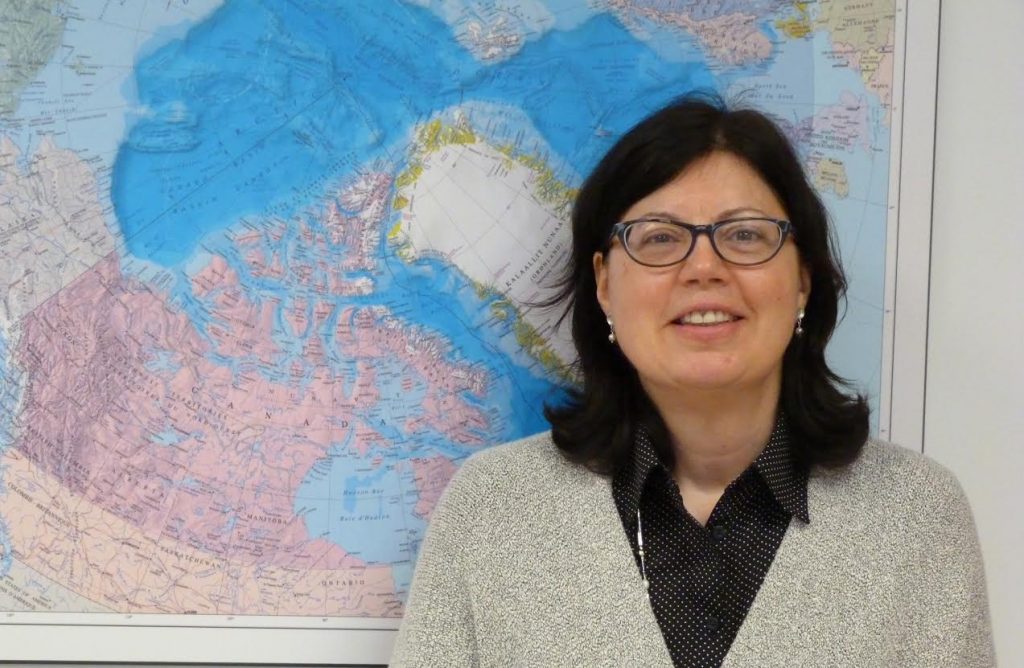
Dickson said Canadian scientists in collaboration with their colleagues from circumpolar countries have been working on gathering scientific data to back up Canada’s extended continental shelf claim since 2006.
“It’s a very harsh environment,” Dickson said. “The amount of time that we can go up north, in the High Arctic to do our work is very limited – six to eight weeks in the summer.”
And because it’s such a challenging environment scientists have to use various methods to collect data, she said.
“We’ve set up ice camps on the ice up north,” Dickson said. “We’ve also used icebreakers to collect data; and when you use icebreakers you need two icebreakers. You need one icebreaker breaking ice in front of the ship that’s collecting the data, because we’re going through ice that’s meters thick, two-three meters thick.”
North Pole fever
In 2009, Norway became the first country to get its Arctic territorial claims approved, while Denmark/Greenland submitted a claim in December 2014.
In 2013, Canada submitted a partial claim for the continental shelf in the Atlantic Ocean. Canada’s then foreign affairs minister John Baird raised eyebrows when, during a news conference, he said the country’s scientists and been asked to do further work mapping the continental shelf so it included the North Pole.
Allegations that the request came from then Canada’s Prime Minister Stephen Harper, after scientists concluded Canada’s continental shelf ended south of the pole, were not disputed at the time.
The United States has not yet ratified UNCLOS and cannot make a claim unless they do so.
Related stories from around the North:
Canada: Canada to collect more data for continental shelf claim, Eye on the Arctic
Canada: The Continental Shelf – Geological, legal or geopolitical?, Blog by Mia Bennett
Denmark: Denmark claims North Pole, Barents Observer
Iceland: Revisualizing the Cryosphere, Blog by Mia Bennett
Russia: UN to consider Russia’s Arctic continental shelf claim this summer, The Independent Barents Observer
Sweden: Swedish ships mapped at bottom of sea, Radio Sweden
United States: U.S. to collect Arctic data for modern navigational charts, Alaska Dispatch News

